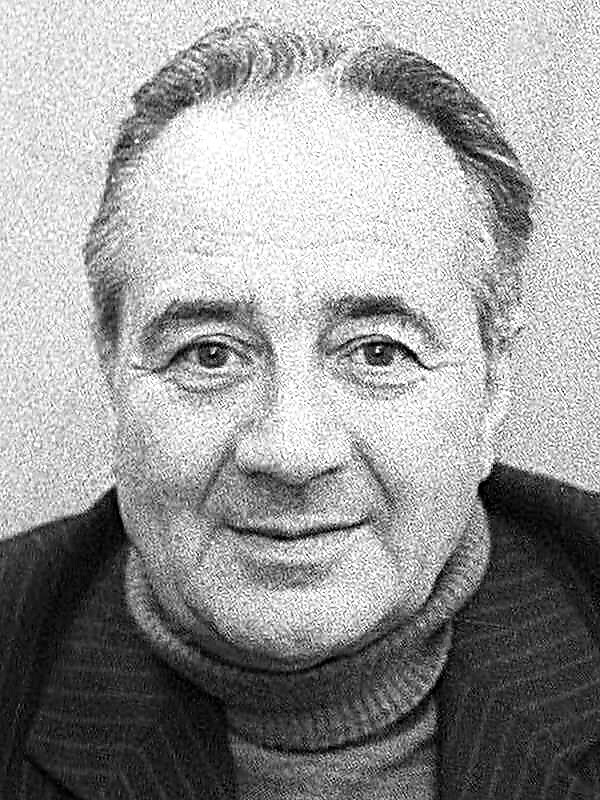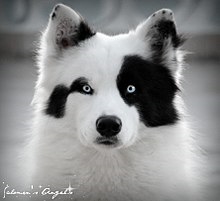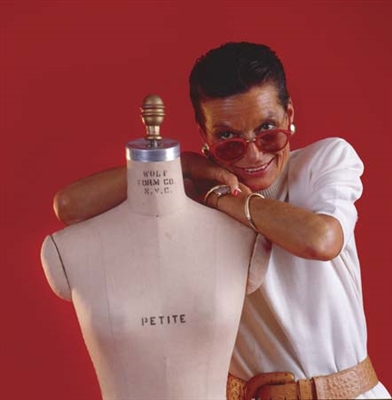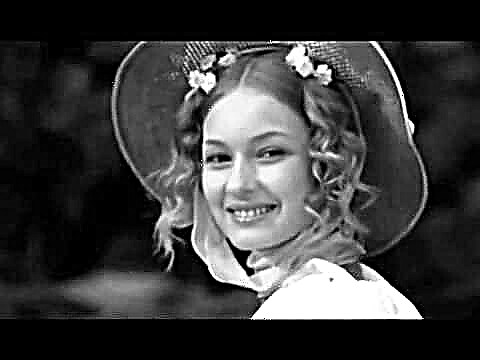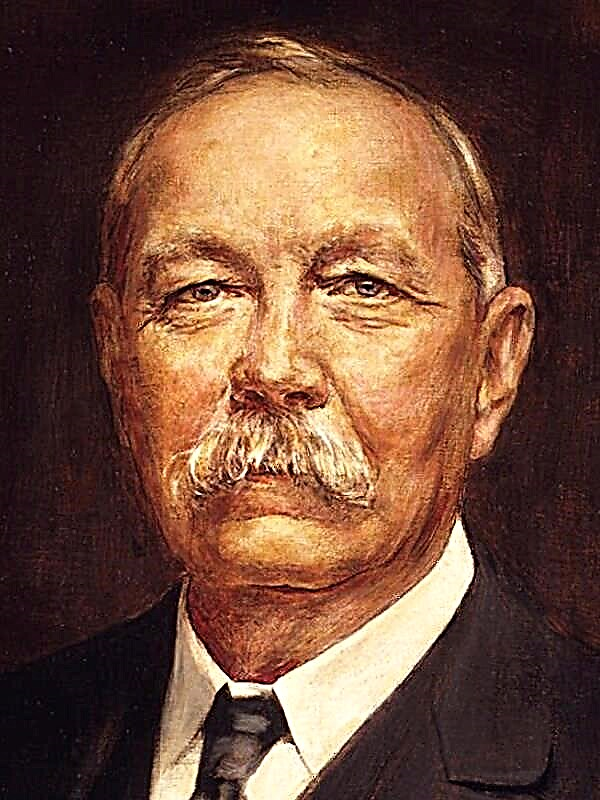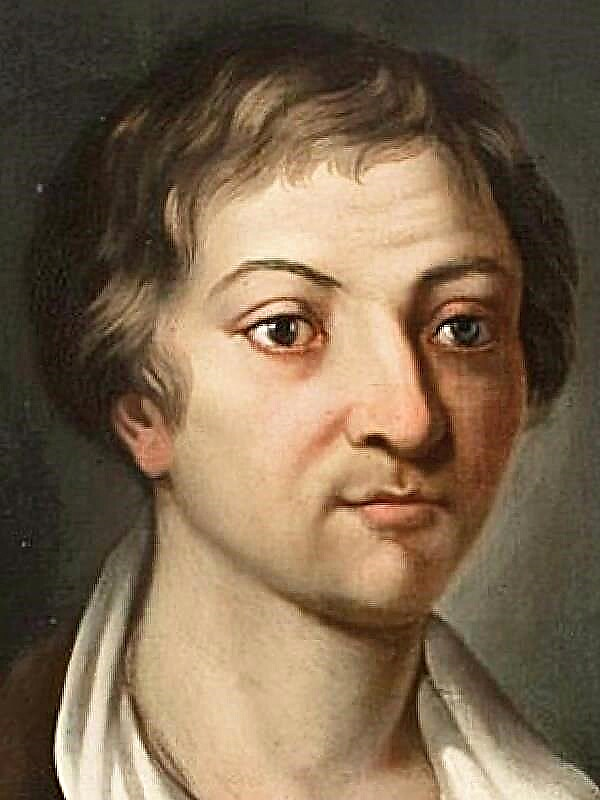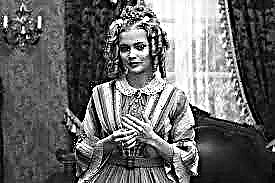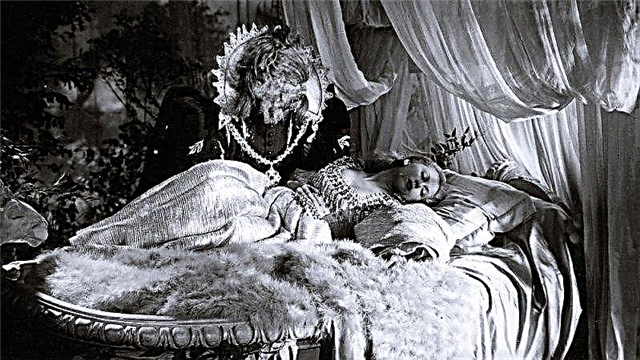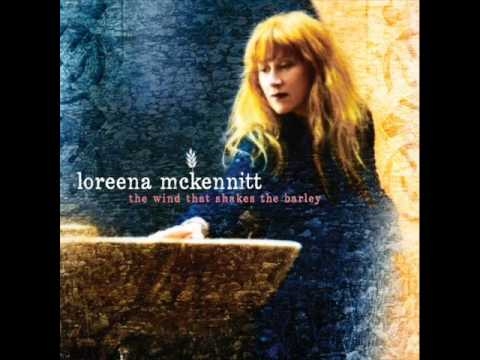Vladimir Semenovich Vysotsky is a person whose scale cannot be overestimated: for his short life (he lived only 42 years), this talented person (poet, musician, actor) managed to reach unprecedented heights in various fields of culture and art.
Birth and childhood
He was born in the capital, the family settled in a spacious communal apartment. Volodya's parents did not stay long in marriage. When Semyon Vysotsky came from the front, his parents divorced. During the war, the bard's father met Evgenia Likhalatova, a woman who soon became a stepmother for his son.
The boy took the side of his father, remaining in his new family. As a result, Semyon introduced his son to music, to which our hero became attached to him from a very tender age.
Youth: education and career start
Volodya studied the middle half: he was never the first student, but he also had no problems with grades. Vysotsky was 10 years old when he became a novice artist: he went to the theater circle. There revealed his rich artistic nature.
Then the young man went to graduate at the University of Civil Engineering, but soon the musician came to the realization that the profession of engineer was completely unsuitable for him. A young man on the wings of a dream flew into a theater school at the Moscow Art Theater. There he finally found himself.
Creation
In the 60s, Vysotsky began to perform songs for which he himself wrote lyrics and music. His works have become widespread due to tape recordings. The musician’s compositions caused discontent among Soviet officials. Formally, the poet had nothing to blame, but the message of many of his songs went into a break with the ideology of the USSR. He showed the hard life of ordinary people, ridiculed their vices, and also caustically spoke about the life and customs of contemporaries. And all this is so simple, clear and lively that people adored his work, crowds went to performances, and listened to records in every second apartment.
The frenzied popularity of an honest and mercilessly straightforward bard attracted the attention of employees from the internal affairs bodies. It is known that concert activity was often forbidden to him, and he conducted performances secretly. Often he had to hide his trips, as a real criminal. Attacks were through the administration of the theater, where he worked, and through other administrative centers. In a word, Vysotsky’s life and work were a struggle.
Themes and Issues
- Many songs by Vysotsky were written in the genre of satire. Vysotsky laughed at his characters, but at the same time he sympathized with them. For example, in the song “Dialogue on TV”, the author transmits a conversation between spouses about the material side of a vital issue, ridiculing their limitedness, rudeness and fixation on everyday life. But at the same time he loves his heroes, his irony without malice and arrogance.
- For many authors, the theme of the path is very often dominant and is used by poets to portray "their own rut." Sometimes in V. Vysotsky’s lyrics the theme of the road is associated with the traveler that he left his home in search of happiness, his own “I” and a better life. His path is a search for the meaning of life, himself, his faith. For example, in the song “Sail”, the lyrical hero complains that the sail was torn to him - a means to accelerate the ship. That is, it is limited in movement, constrained, not allowed to swim. For him, movement is life itself and its creative component.
- In the poet's texts there was a place for folklore. The mythological layer of his poetry about the heroes of fairy tales, including about Koschey the Immortal, Baba Yaga, a mermaid, a Lesh, etc.
- Vysotsky wrote about the war. The poet tells about the exploits of the soldiers, about the life of the front, about the fighting spirit of the soldiers. War for him is a terrible reality, from which there is no escape. He, a representative of the post-war generation, took this topic especially hard, because his father was a front-line soldier.
- Also, the poet often paid attention to the professional side of people's lives, their vocation. Many of his fans attributed his position to him, otherwise how could he so accurately convey the essence of a particular occupation? People believed that he served, sat, drove steamboats and tractors, was village and city, Moscow and St. Petersburg. The author had a wonderful ability to transform into different images, to dress up in the vocabulary of a particular type.
Philosophy and originality of style
The poem "I do not like" is a reflection of the poet's life credo. Vysotsky, using denial, told the reader about the moral principles of his lyrical hero. Vladimir Semenovich showed not the ideality of the world, but how he copes with the lack of harmony. Thus, cynicism, falsehood, apathetic attitude to life, fatalism, violence, betrayal, “saving” on feelings are alien to him. He indirectly spoke out against the regime of suppressing personality; he described his feeling of being in the USSR with the phrase “all the time against wool”, alluding to despotism in relation to elementary freedoms. Gossip, like honors, he also does not like. That is, the cost of fame is not for him. His ideals are honor, directness and passion of character, justice, courage and perseverance. A man should never give up, for powerlessness is the other side of violence. Well, the poet does not reveal his soul to anyone, to anybody; this is his personal and secret space.
The originality of the creator's style lies in the language with which he refers to society. His lyrical mountain does not possess a enslaved general conversation, and sometimes it is thieves, and highly specialized vocabulary; unexpected, natural, sometimes tearing intonation.
Theater and concert activities
After training at the Moscow Art Theater, he served in the Pushkin Theater. Then the artist had several episodic roles. Vysotsky discovered work to his liking at the Taganka Theater. He gave Vladimir Semenovich the opportunity to realize his creative potential and gave friendship with Valery Zolotukhin and Alla Demidova. There he played great roles: Hamlet, Svidrigailov, Lopakhin, Galileo, etc. For a brilliant game, he received theatrical awards and audience love. He, of course, was criticized for his excessive temperament on stage, but most reviewers appreciated his expression.
Most of all the poet earned by conducting concerts, which he began to engage in in the mid-60s.
Character
Vysotsky. What kind of person was he? What character traits were inherent in him? Only those who personally knew Volodya Vysotsky can answer these questions. Semyon Vladimirovich in his memoirs warmly talks about how generous and disinterested his son was. For example, Volodya respected and loved even his stepmother, he called her "mother Zhenya."
The artist forgave people their shortcomings. The only thing he could not accept and forgive was pathological greed, intentional meanness and spiritual callousness.
Vladimir knew how to be friends, he supported and helped his comrades in difficult times.
He could say thank you. The artist very often in gratitude gave very expensive gifts to the one who helped him. V. Vysotsky was a real workaholic, he adored his work.
Personal life
Wives
Isolde, a tender girl of small stature, was a student at the Moscow Art Theater. Isa became the first wife of Volodya - the only one for whom the artist was not beloved “Vysotsky”.
Lyudmila Abramova - the second wife of the artist. They met during the filming of the film. It was Lyudmila who bore him two sons. The couple divorced in 1968.
Another muse of Vysotsky was Tatyana Ivanenko, but she never became his wife.
The artist first saw his third wife, Marina Vlady in the film “The Witch” and fell in love. The poet devoted almost all love poems to Vladi. In 1970, they married and were together for 10 years. She is considered the author’s fateful muse, the love of which led him through life.
Oksana Afanasyeva was Vysotsky's last hobby. Vladimir met his beloved near the Taganka Theater. He invited her to meet, but Oksana had a groom. The poet met her a day later, the lady said goodbye to her fiance.
Children
The second wife of the artist gave him two sons Arkady and Nikita. According to some reports, it is known that Vladimir has an illegitimate daughter Anastasia, whom Tatyana Ivanenko gave birth to.
Interesting Facts
- Vysotsky became the author of 200 poems, 600 songs.
- He smoked at least a pack of cigarettes a day, he had an alcohol addiction, then drugs appeared in his life. This addiction led him to death.
- The author was repeatedly dismissed from the theater in disgrace, as he often frustrated rehearsals and performances due to bad habits. His salary went down with each dismissal, and this stopped only when he became a leading theater artist and received many awards, including abroad.
- Vysotsky often wrote songs for performances, but he was not only not paid for it, but sometimes his authorship was not even written on the poster and programs.
- The first time Vladimir Semenovich tried drugs in Gorky after a hangover, the doctor said that this only relieves drunken symptoms. Then a friend from Taganka introduced him to heroin and cocaine. Vysotsky stopped drinking, but replaced drunkenness with an even more terrible drug.
- The son of Marina Vladi also used drugs, and his stepfather often compared the stepson to himself in his memoirs: both did not want to be saved, both purposefully went to death, only Igor recovered thanks to the French rehabilitation center, but Vladimir Semenovich was “on the needle” until death.
- The poet openly opposed the government: he signed petitions, gave unaccounted concerts, published an underground journal calling for a change in the political system.
- When a criminal case was opened against the administrators of secret concerts, Vysotsky was not touched, because popular love for him prevented those in power from drawing him into the criminal process.
- When Vysotsky was invited to speak for the top of the party, he refused with anger, risking incurring misfortune.
- The last thing the poet wrote:
I have something to sing, before the Almighty,
I have something to justify before Him.
Death
July 25, the artist’s heart did not become, in fact, the heart attack became the diagnosis. At the request of the artist’s father, an autopsy was not performed, so the real cause of the death of the great creator will remain a mystery to us.
However, many researchers insist that Vysotsky’s body was worn out of years due to the use of alcohol and drugs.
Places Vysotsky
The Vysotsky Museum on Taganka was opened to visitors in 1992.
In memory of the creator, monuments were erected in Moscow, Barnaul, Vladivostok, Voronezh and other cities.

